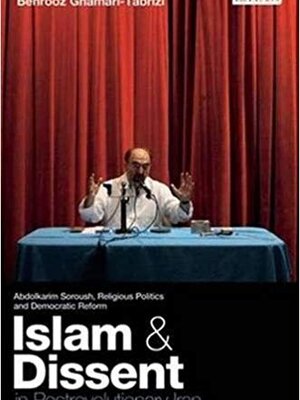
The Iranian revolution of 1979 overhauled not only the foundations of Iranian society, religion and politics, but also our understanding of the role of religion in modern government. Here Behrooz Ghamari-Tabrizi takes us on an enlightening journey, showing that the revolution unintentionally opened up the public sphere to competing interpretations of Islam. Far from being the exclusive preserve of high-ranking seminarians as before, in contemporary Iran lay theologians, intellectuals, lawyers and social activists are active and influential interlocutors in debates on the meaning of Islam.A key figure is philosopher Abdolkarim Soroush, a leading force behind Iran's pro-democracy movement and vocal critic of the state. Through a close reading of Soroush's writings, and by tracing the links between Muslim intellectual critique and the realpolitik of postrevolutionary power struggles, Ghamari-Tabrizi offers nothing less than a pathbreaking reassessment of the Iranian revolution. With powerful insights, 'Islam and Dissent' is essential for an understanding of the Muslim world today, as of the new relationships between religion, politics and democracy visible across the globe.